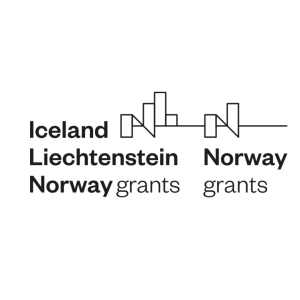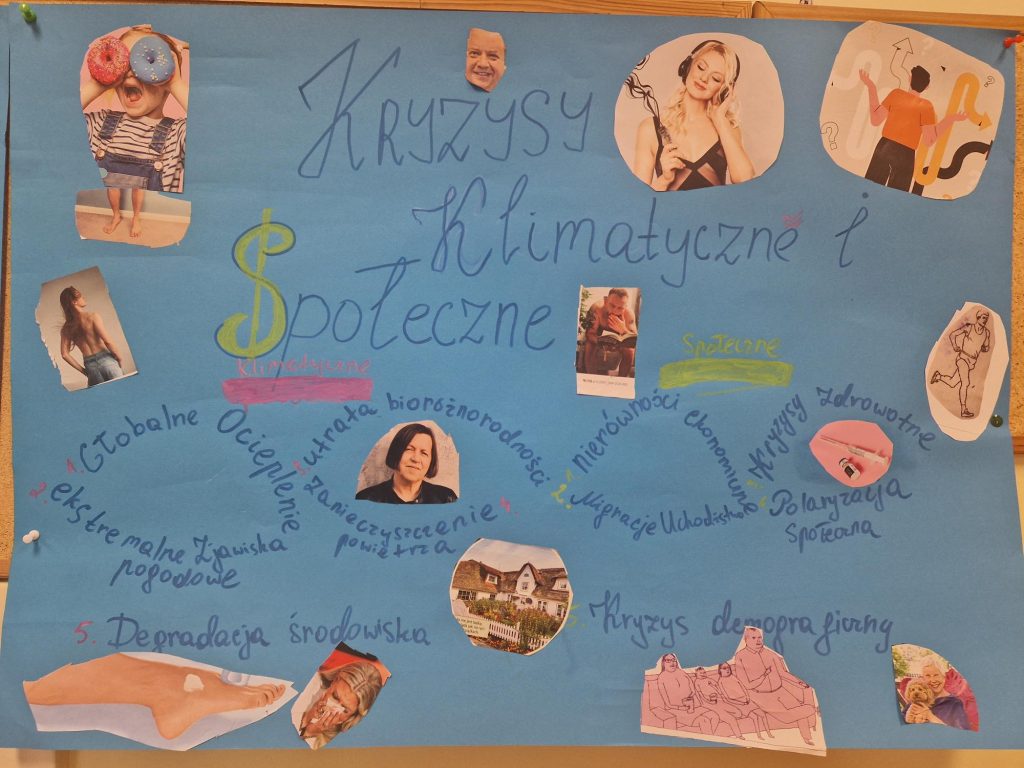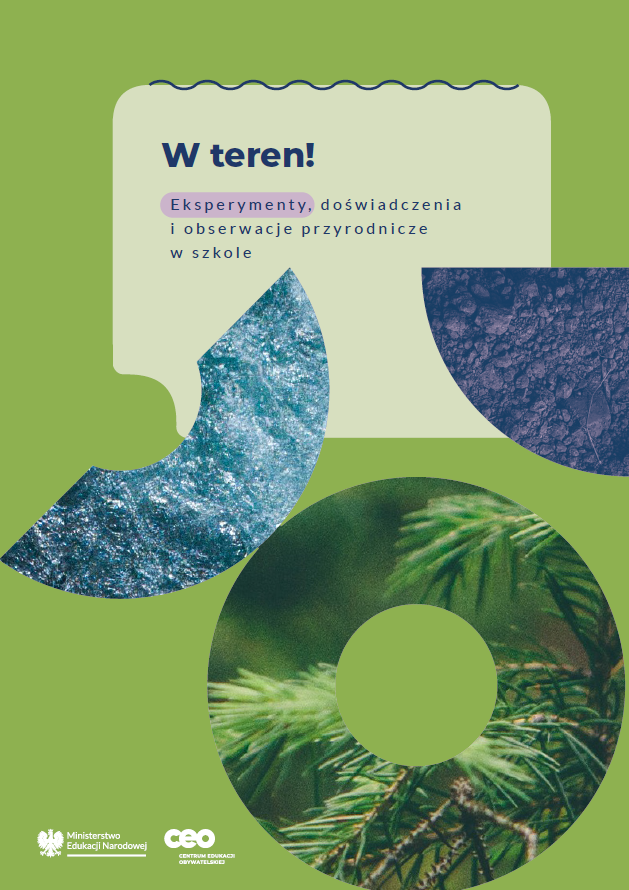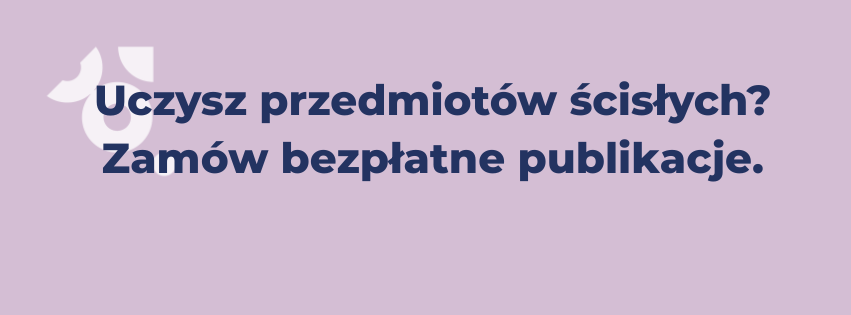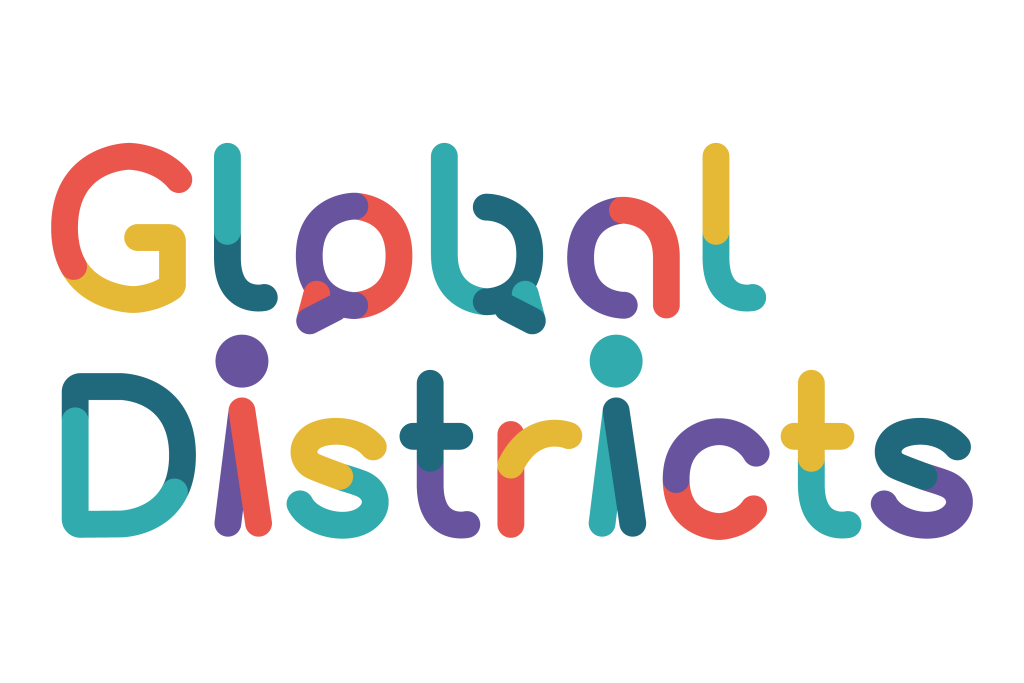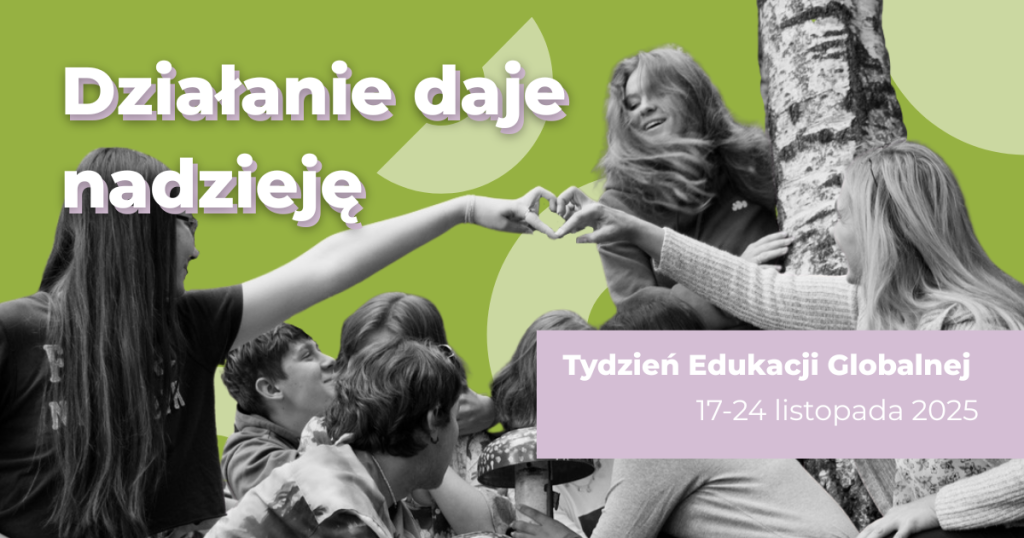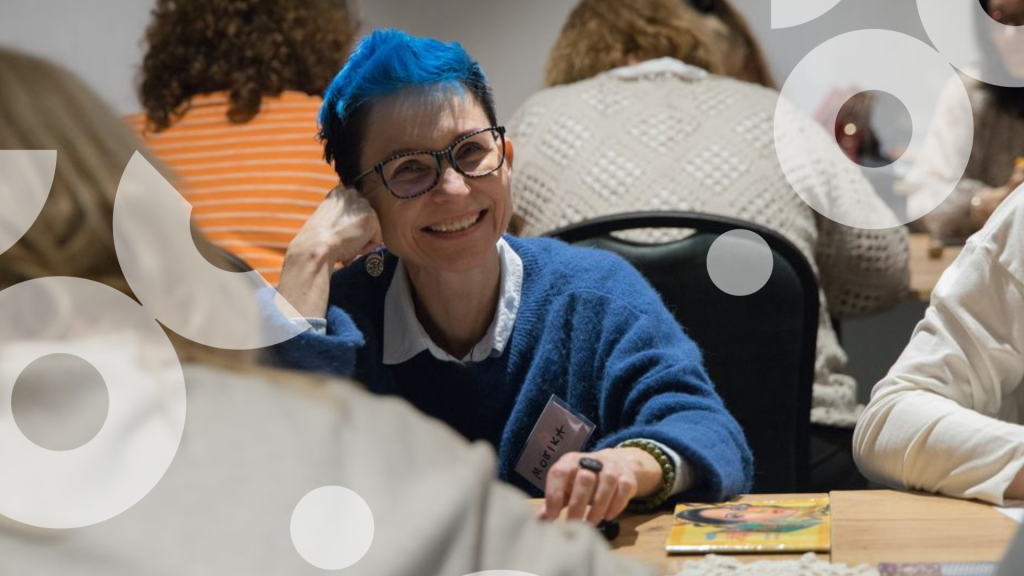The article originally appeared on nrc.no on September 3, 2024.
Author: Grzegorz Żukowski
In Poland, practising breathing exercises in schools has led to lower stress and better performance for students, while teachers have been able to build more meaningful relationships with their pupils. Can seemingly basic breathing exercises for children experiencing high stress after displacement change the entire school environment for the better?
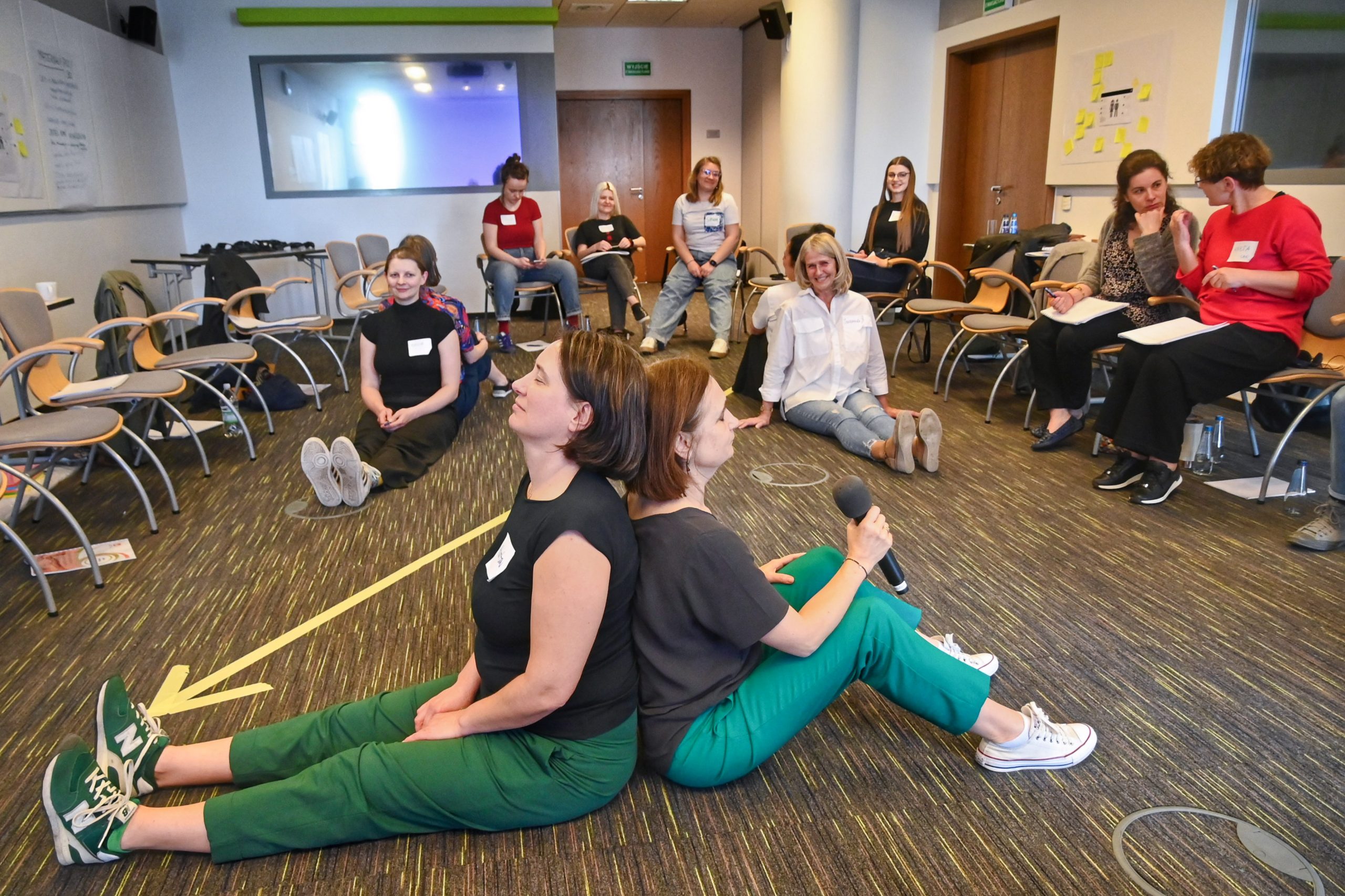
Marta Smagowicz (NRC) and Magdalena Polańska (in the centre) conducting an exercise at BLP training organised by NRC Poland, Warsaw, April 2024. Photo: Monika Ben Mrad/NRC
Since 2022, the Center for Citizenship Education (CEO) and the Norwegian Refugee Council (NRC) have been implementing projects based on the Better Learning Programme (BLP) in Polish schools. Created by the University of Tromsø and NRC, the BLP programme was initially delivered in the Middle East in 2012.
Since then, NRC has successfully implemented the BLP across its global operations. In response to the challenges posed by the war in Ukraine, and the subsequent influx of over 350,000 refugee children into schools in Poland, CEO adapted the BLP into a stress reduction programme tailored to the unique needs of Polish learners and teachers.
Finding hope
Anna Chełmińska is a headteacher at the Social School and Kindergarten Complex in Kudowa Zdrój in southern Poland. Despite her years of professional experience, she didn’t know how to help teenager Vladimir from Ukraine, who was about to take his final exams to graduate from primary school.
“Vladimir arrived in 2022, shortly after the escalation of war in Ukraine. We noticed his exceptional skills in maths and physics,” Anna recalls. “However, it was difficult for us to motivate him to do anything.”
Vladimir, who had been placed in the final year of primary school upon his arrival in Poland, insisted that he wanted to stay there for another year. Concerned, Anna tried to create the best possible learning environment for Vladimir to convince him that he would be able to cope with the exams. Everything had worked fine for him back at his school in Ukraine – why did it suddenly not in Poland?
“A lot of things were going well for him,” says Anna. “But he seemed to feel as if he was banging his head against a wall.”
Anna sought advice from Professor Jon-Håkon Schultz, an educational psychologist who led the design of the BLP.
Professor Schultz, who regularly meets with teachers participating in the programme in Poland, referred her to the five principles necessary for a child to recover from trauma, on which the BLP is based. Adults can help children and adolescents through these stages.
The first principle is re-establishing safety, while the second is self-regulating – it is essential to restore a sense of security and calm in the child. The third principle is the child understanding that they can change their situation, along with regaining the belief that they can count on support from others. The fourth principle is re-establishing relationships with other people, and the fifth is regaining hope for the future.
Returning to emotional equilibrium after a traumatic, stressful experience happens gradually. These five stages are equally important and essential.
Anna realised that what Vladimir really needed was hope for the future – but how could she give that to him? He was still just a boy, facing significant stress in an unfamiliar environment, after being displaced from a war-torn country.
“The Professor explained that a confused child needs a figure of authority to provide guidance … I understood that I needed to be that person,” says Anna.
When Vladimir admitted his helplessness to Anna, she focused on convincing the boy that things would improve.
“I told him that I saw how hard it was for him now and I understood why. I also told him that this would change, and one day everything would be as it was in Ukraine. This would happen, but he needed to be patient and not give up. I explained that he could trust that we would support him along the way.”
What happened next surprised Anna, even though she had believed in the boy’s abilities all along.
Vladimir, like every Ukrainian refugee child in Poland, had to write his exams in Polish, a language he was still learning. Vladimir not only passed his exams, but excelled, earning a four-year scholarship to continue his high school education.
“Honestly, I’m convinced that speaking with Professor Jon-Håkon helped me put the BLP knowledge into practice. It made me realise the significance of my attitude and taught me the importance of being a source of strength and reassurance for the child,” says Anna.

Anna Chełmińska, teacher from Poland, is conducting the Community of Practice meeting organised in Warsaw for BLP practitioners. Warsaw, 9 August 2024. Photo: Grzegorz Zukowski/NRC
Simple formula
Anna argues the BLP’s strength lies in its strong grounding in science and evidence, orienting teachers to “focus on the well-being of students, so that they can improve their learning performance.”
Much research demonstrates the negative impact of stress and traumatic experiences on our cognitive abilities. The effects of a single traumatic event can last for years – and this can be much longer for events that have affected a child over a long time. For this reason, the BLP approaches these types of experiences with the view that it “takes time to heal the wounds”.
In many cases, traumatised adults go through the five stages of regaining emotional balance independently, using their own abilities and resources. Children, meanwhile, need an emotionally mature adult to show them the way.
“The BLP is simple in formula and is designed to be a practical tool to apply this knowledge to support children at school,” Professor Schultz asserts. Struggling with the effects of stress and difficult experiences is also often marked by a sense of ups and downs, as recurring difficulties manifest. Teachers should monitor such situations, reminding students that these feelings are natural and part of the process.
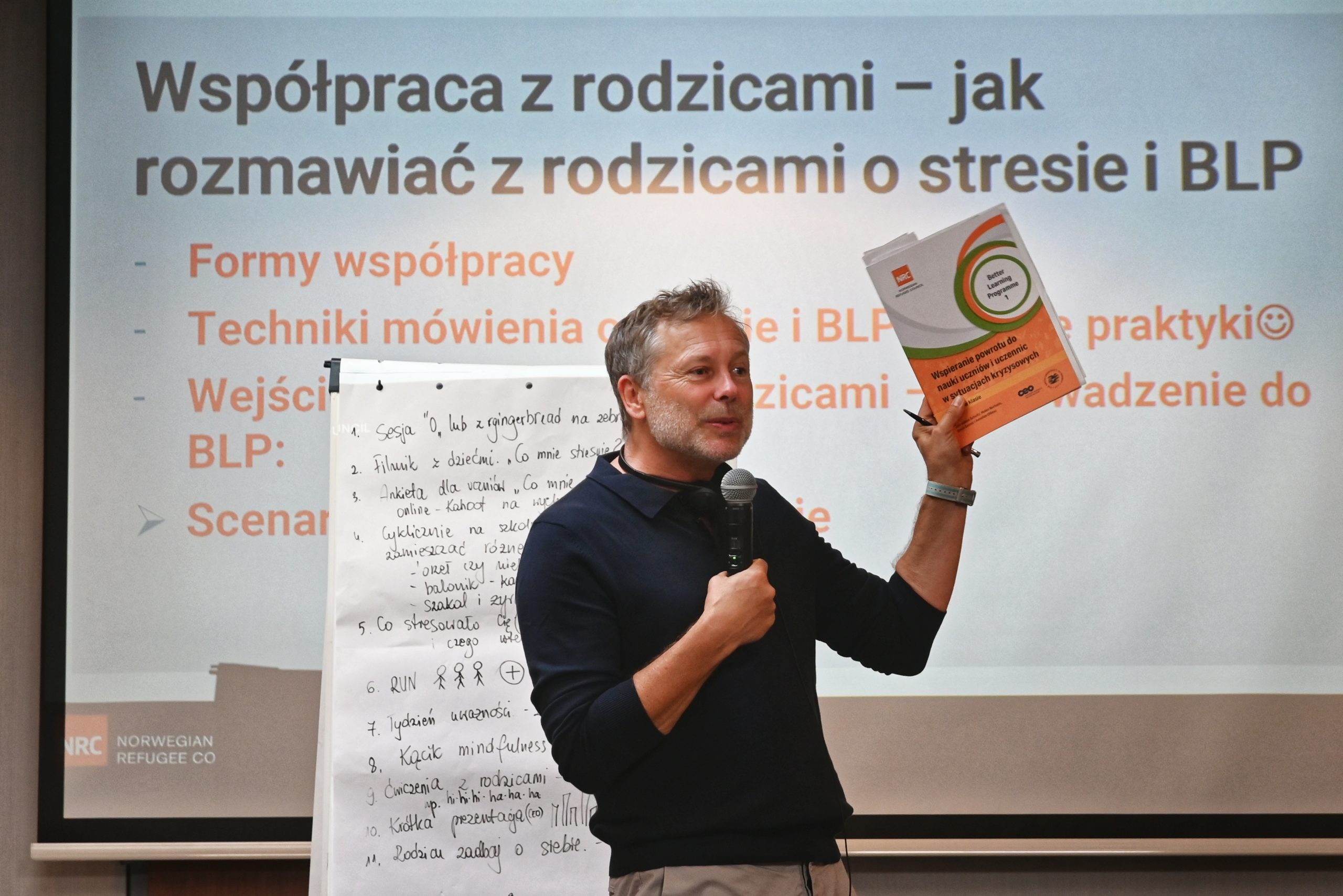
Professor Jon-Håkon Schultz is speaking with teachers at the Community of Practice meeting organised in Warsaw for BLP practitioners. Warsaw, 9 August 2024. Photo: Monika Ben Mrad/NRC
Breathing exercises
So, what does all this theory look like in practice? When asked about their first impressions of implementing the BLP with their students, teachers mention that it was surprising to see how this theory boils down to seemingly basic breathing exercises. However, upon trying the exercises, teachers found unexpected results.
“When I present the course outline to other teachers, their first reaction is shock and disbelief. The satisfaction from the implementation comes later,” explains Anna.
Magdalena Polańska is a teacher with 25 years of experience in Primary School No. 76 in Wroclaw, Poland. She says that the BLP exercises are like letters of the alphabet, and it’s up to the teacher and the children how they arrange these letters.
“Sometimes I go through a session of breathing exercises with the children and at the beginning you can’t see the difference. You must persist for the results.”
In 2022, Magdalena’s school faced the sudden and overwhelming challenge of enrolling refugee children from Ukraine. On top of the 600 students in the school, 150 children who did not speak Polish were enrolled in a very short time.
“The BLP gave us an answer on how to address their needs,” recalls Magdalena. She could conduct BLP exercises with the children despite the language barrier.
“I had a group of refugee children in the preparatory class, with whom I did breathing and relaxation exercises. There were boys who were very tense because they didn’t feel good at school. However, when I started doing these exercises with them … You could see it in their bodies, how they relaxed and how it gave them positive feelings,” Magdalena recalls.
“It was a difficult experience also for Polish children, who were confronted with the tragic experiences of their new friends,” says Magdalena. “The BLP is breathing and relaxation exercises, but above all, it is an approach to a person and understanding.”
One of the exercises works to determine the level of stress that accompanies a child at a given moment, on a scale from one to five. The scale is arbitrary and can be defined subjectively, making it a more useful tool for teachers. Really, it is an opportunity for children to talk about their feelings.
Magdalena adjusted her lessons to emphasise the importance of her relationship with her students and the well-being of everyone in the class.
“I am deeply convinced, from my teaching work, that these five principles of psychosocial assistance … are a recipe for agency, and children need this very much,” says Magdalena.
Some might argue that BLP exercises take too much time during the lesson. Magdalena argues that in exchange for the time spent on this activity, the exercises ensure that children participate in the lesson itself. She describes a class she held in 2023:
“First, the students would do relaxation exercises. Then, we would do abdominal breathing. It takes 10, sometimes even 15 minutes, but the result is great. There is no tension in the children anymore. Most of them participate in the lesson. I never regret the time spent on the breathing exercises.”
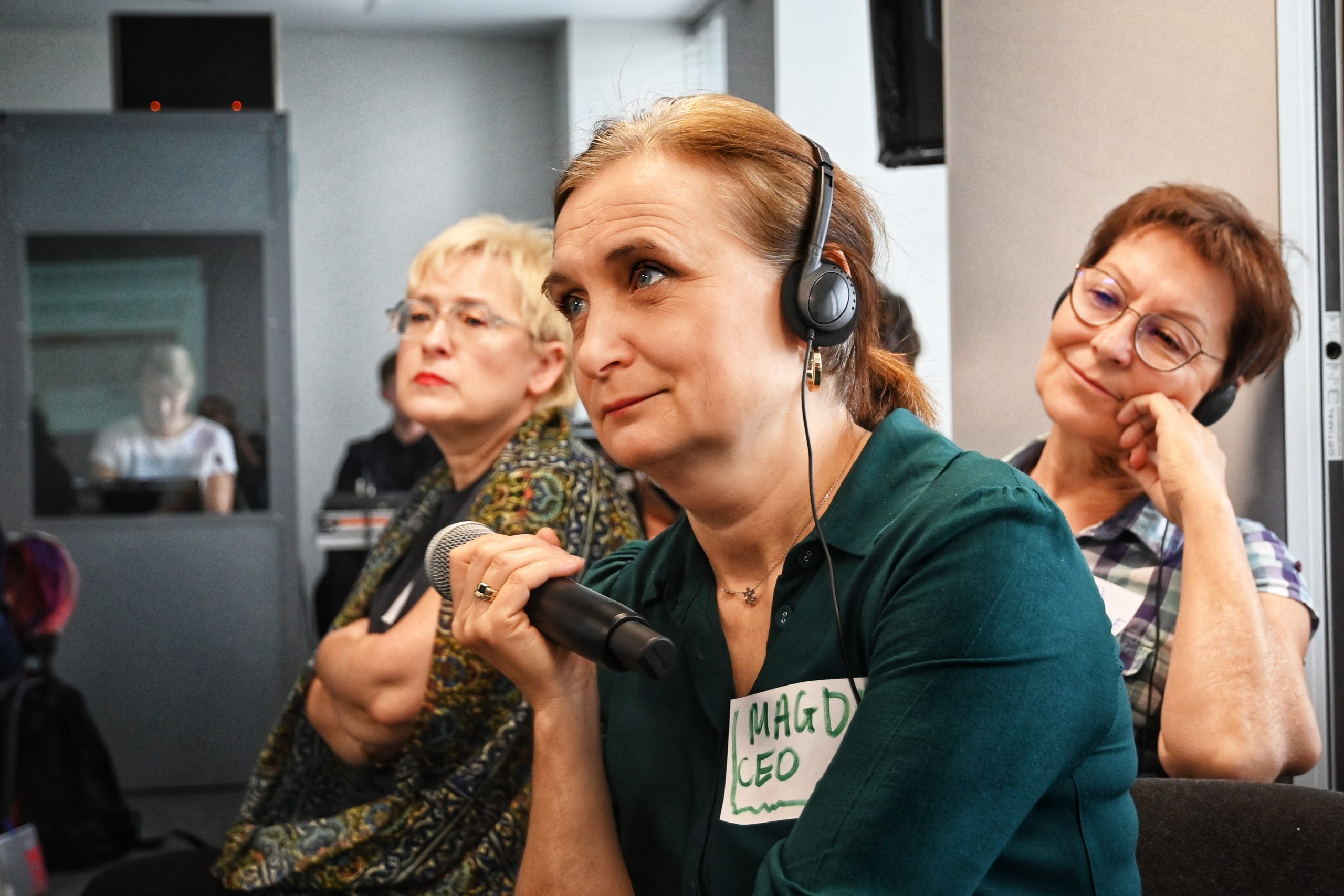
Magdalena Polańska at BLP training organised by NRC Poland. Warsaw, April 2024. Photo: Monika Ben Mrad/NRC
Breathing in the curriculum
According to Anna and Magdalena, schools need psychoeducation. Elżbieta Krawczyk, Program Director at CEO, explains that CEO’s projects aim to reduce stress among students and change the entire school environment to improve the well-being of both students and teachers.
“We see a growing need for schools to deal with the topics of stress reduction and well-being,” says Elżbieta. “Because of mental health challenges among young people and the difficulties caused by migration, such as integrating students who have fled dangerous circumstances, in particular from Ukraine … Such topics should be incorporated into the core curriculum of subjects like health education.”
In its advocacy activities, CEO emphasises the importance of reducing stress and creating conducive learning environments. CEO will relaunch programmes for teachers and schools in the next school year in Poland, which begins in September 2024.
Closeness, ease and space
Anna and Magdalena recognise that many teachers may be reluctant to implement exercises from the BLP textbooks into an already packed curriculum – the programme can be perceived as another obligation, and one that is far from everyday school activities. However, these exercises are exactly what schools need.
Anna, as a headteacher, has great influence over her school’s teaching philosophy. Thanks to the BLP, Anna and her teaching staff pay much more attention to preventing the school from becoming an overly stressful place.
“It took us a long time to realise how much stress is generated by grades and competition between children,” says Anna. “The BLP helped me a lot to understand that we don’t absorb information when we are under stress.”
Anna conducts regular surveys among her students, including questions about their stress levels. With the BLP, she has seen a reduction of stress. She says: “Importantly, stress related to learning problems and relationships with teachers has become marginal.”
Magdalena, who previously attended mindfulness training, now trains people in the BLP.
“I developed the abbreviation BLP in my own way [referring to terminology in Polish], where B refers to closeness, L to ease and P to space.
“I can be close to my own needs at school and develop close, honest relationships with the children. Ease , because I can present BLP exercises and issues quickly, without stress and preparation, thanks to its flexibility. Space is created through releasing emotions in the breathing exercises. I also find greater resilience in myself, and I can teach students mutual understanding and acceptance of other people.”
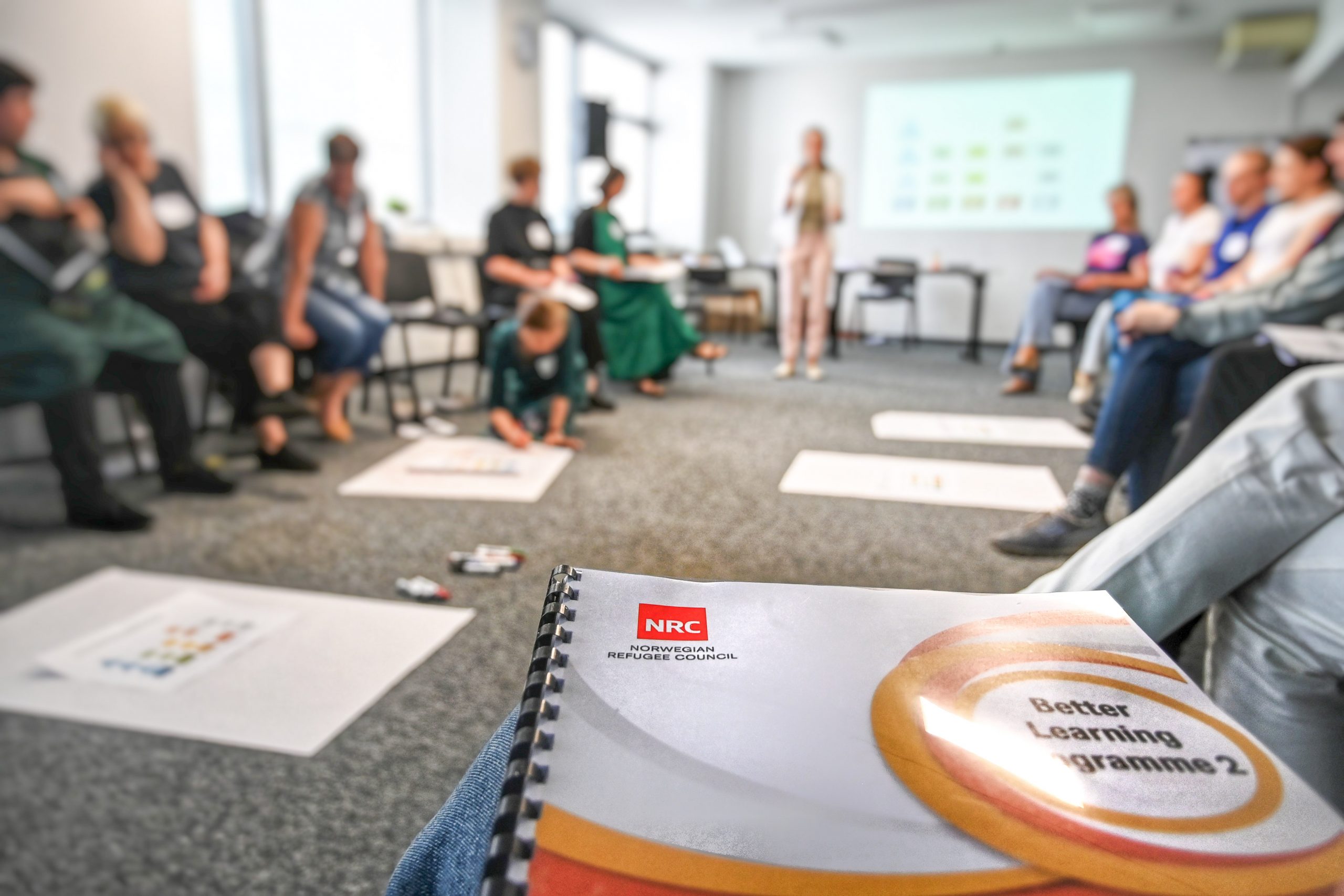
BLP training organised by NRC Poland. Warsaw, April 2024. Photo: Monika Ben Mrad/NRC
The educational integration support activities are funded by Iceland, Liechtenstein and Norway through the Norwegian and EEA Funds under the Fund for Bilateral Relations.
